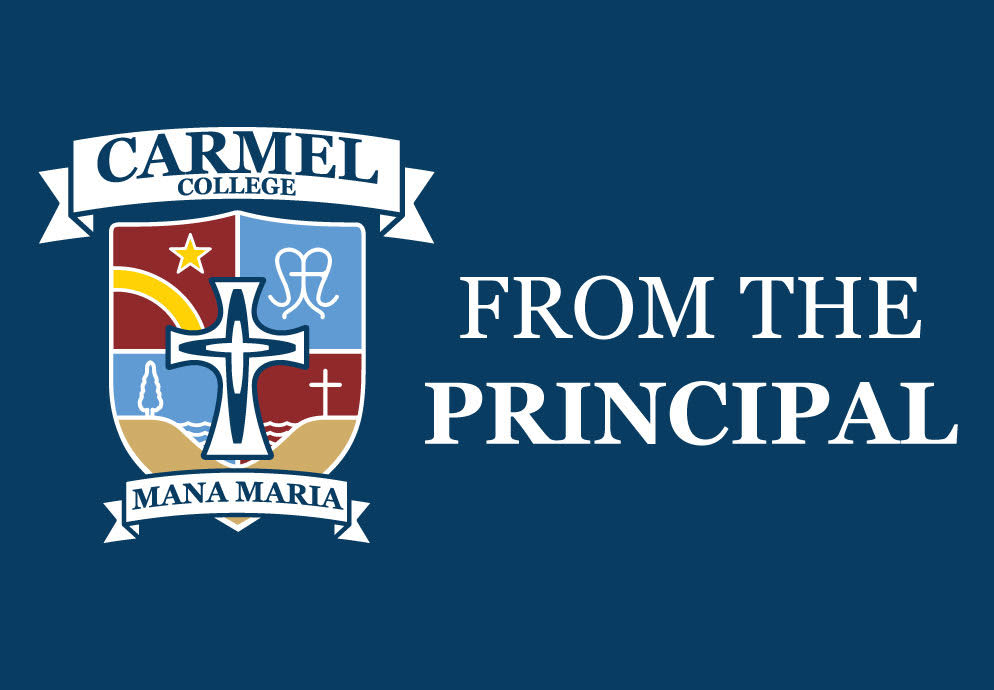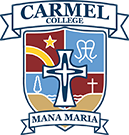Tena koutou katoa. Nga mihi nui atawhai.
‘What unusual and uncertain times we live in. How long will it be before things get back to normal? We don’t know. We haven’t been here before, yet we need to act.’
The opening paragraph, from an article by Phil Ramsay, describes what many of us are thinking and feeling at the moment. He goes on to describe how many of us are experimenting in this new world of learning – teachers experimenting with technology to deliver programmes of learning, students experimenting with schooling in a home environment without the social aspects of learning that includes their peers, and parents experimenting as online learning supervision.
Ramsay describes experimentation as ‘wading across a shallow river, feeling for the next stone before committing yourself to forward movement… you take an action—perhaps tentatively—leading to learning and more action.’
As we take action, how do we know it is going to work out? Ramsay suggest that you use ‘Tim Gallwey’s STOP process. The mnemonic stands for the four steps of:
- Step back from what you are doing;
- Think about it (using questions about what’s going well and what’s not)
- Organise your thoughts (in particular, work out what action needs to follow and when to take it); and
- Proceed.
As we welcomed back our small group of students in their onsite supervision bubble, we are still moving tentatively but we are moving forward. We are thinking about what is working and where we can make even more improvement. We are putting our actions into a logical order – and we continue to proceed.
Who knows what will come on May 11th? We continue to work with what we currently know, make educated guesses about how we might plan for whatever will eventuate and make sure we are putting the wellbeing and health and safety of our whole community at the forefront of everything we do.
Remember – I have not failed. I have just found 10,000 ways that won’t work – Thomas Edison
Because – In learning you will teach, and in teaching you will learn – Phil Collin

